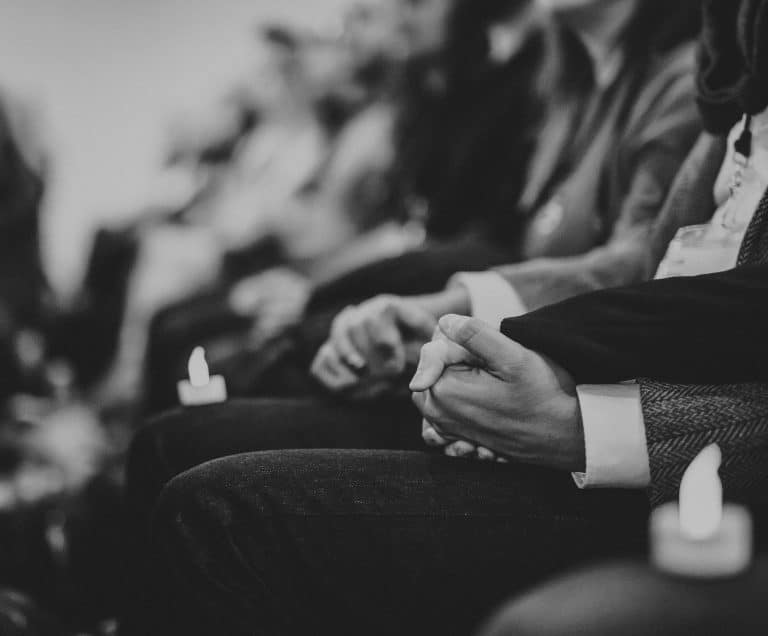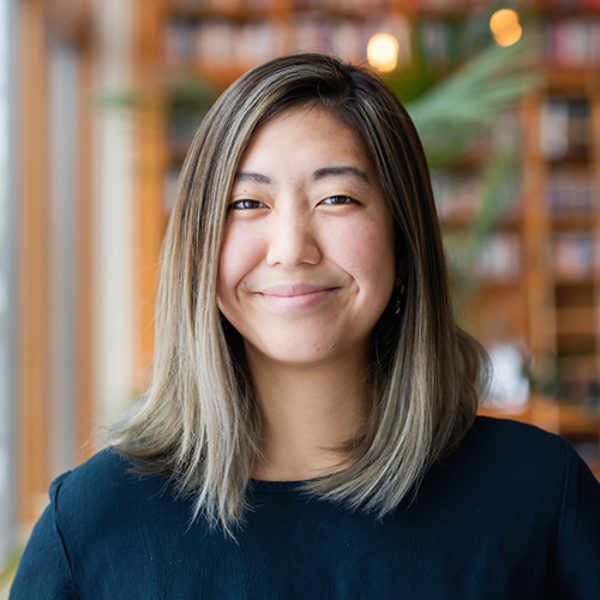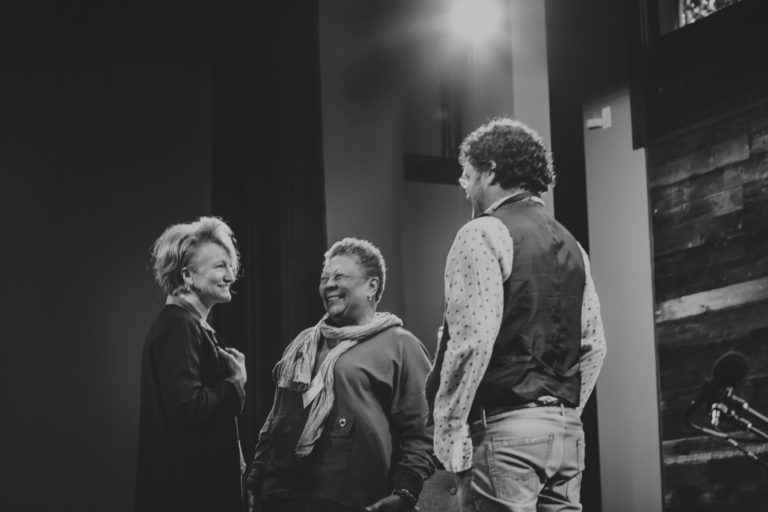
Image by Bethany Birnie, © All Rights Reserved.
Conversation Is Our Prayer to One Another
I remember quite crisply the last time I prayed and actually meant it. It was late one night, seven years ago, when I was in high school, long after the rest of my family had gone to bed. My parents are devout Buddhists and have always kept a shrine in our house. It was the place where my father spent his evenings chanting, the point from which a sweet smell of incense often wafted. I have this image of walking into our shrine one night, bowing down so that my forehead touched the rug, and just placing myself in the context of a large expanse. I remember asking for things to work out — I’m not sure what exactly. And yet, something about the quietness and vulnerability of that moment has remained imprinted on my memory of adolescence.
Since then, I’ve only had brief encounters with prayer. There was very little place for it in college, when it seemed like most of my campus (myself included) left religion at home, intent on anchoring our senses of meaning in almost anything else. And even when I have been in the presence of prayer, I often sit with it in awkwardness, my hands folded politely, gaze set on the carpet, as if I’m trying to make my doubt too small to notice.
These moments have been on my mind as I’ve gone from conversation to conversation at the On Being Gathering. The vocabulary of prayer feels like it has great livelihood here: The event happens to be on the former campus of a Bible college, and the question of what prayer looks like — what its role might be, what its texture might feel like, particularly in the (political) context of today — has felt like a deeply resonant question for many here.
But it didn’t really resonate with me until I heard the poet Pádraig Ó Tuama describe his experience with prayer as “an encounter with deep desire — a vessel for something which seems uncontainable.”
Pádraig’s reflection took a particularly meaningful shape later on in the day. He and John Paul Lederach delved into what it means to have a productive conversation in a highly polarized environment, to which John Paul offered the following:
“I think listening is a big part of why social movements run into trouble. We really have not learned to listen in ways that we’re listening to understand. We listen partially in order to create an argument for what it is we’re already in favor of. This requires a patience around this and an enhanced commitment to it. Our listening capacity has to be able to distinguish between the content and the relational context, the dynamics of what’s happening in the relationship.”
To Lederach, social movements sometimes require a practice of listening and conversation that is less focused on communicating a point and more on building a relationship.
One of the central questions of the Civil Conversations Project is how we ought to be with one another. I’ve always understood the project’s methodology — conversation — as only a sliver of the answer to that question. Our conversations may be critical, but sometimes they may fall short of something truly meaningful, something that actually sustains a life beyond the conversation.
But I like the idea that we can also think of conversations as a form of prayer, their own vessel for the uncontainable — our attempt to grasp at truths and experiences that are probably too big for words, and yet deeply in need of them.

